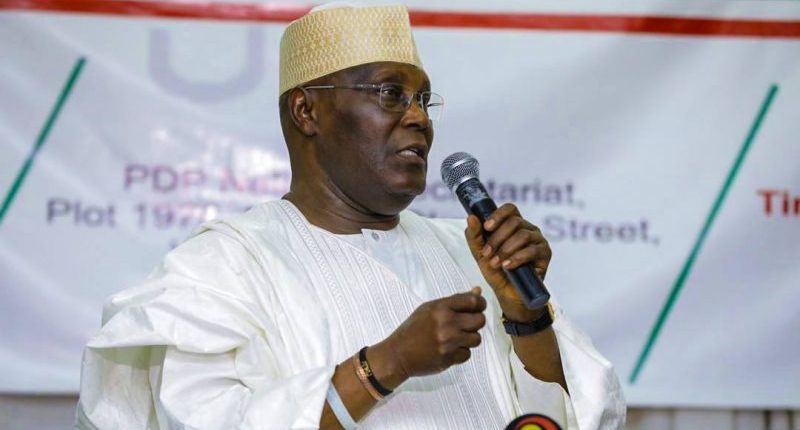The People’s Democratic Party (PDP) goes into the forthcoming presidential elections as the ruling party’s (APC) major opposition after relinquishing the presidential seat to it in 2015. In that loss, PDP, which has successfully ruled Nigeria from 1999 to 2014, became the first political party to lose a presidential election to its major opposition while being the incumbent party.
Currently, PDP holds 38 of the 109 seats in the Senate, 126 out of the 360 seats in the House of Representatives, 13 governors out of the country’s 36 and 329 seats out of the 991 available in the state Houses of Assembly. These figures show that the party holds a significant turf going into the 2023 elections.
However, PDP and its presidential candidate, Alhaji Atiku Abubakar, is facing an internal crisis due to the rebellion from five member state governors and other party stakeholders who continue to demand the removal of its national chairman, Chief Iyorchia Ayu. This conflict has allegedly threatened the party’s dominance in certain strategic regions of the country.
Regardless, Alhaji Atiku could rely on the backing of the north. The northern region of Nigeria, especially the northwest and northeast, has consistently voted a northerner over a southern presidential candidate, as seen in the 2011 and 2015 elections. None of the leading candidates in the 2023 presidential election, including Peter Obi of the Labour Party and Asiwaju Tinubu of APC, is a northerner.
This is significant because, in the 2019 presidential election, the Northwest region had the highest voter turnout of the country’s six geopolitical zones. In fact, the Northwest states made up four out of the first five states with the highest voter turnout.
The former Vice President of Nigeria would still look over his shoulders due to the presidential candidate of New Nigeria Peoples Party (NNPP), Rabiu Kwankwaso, who served as a two-term governor of Kano State.

